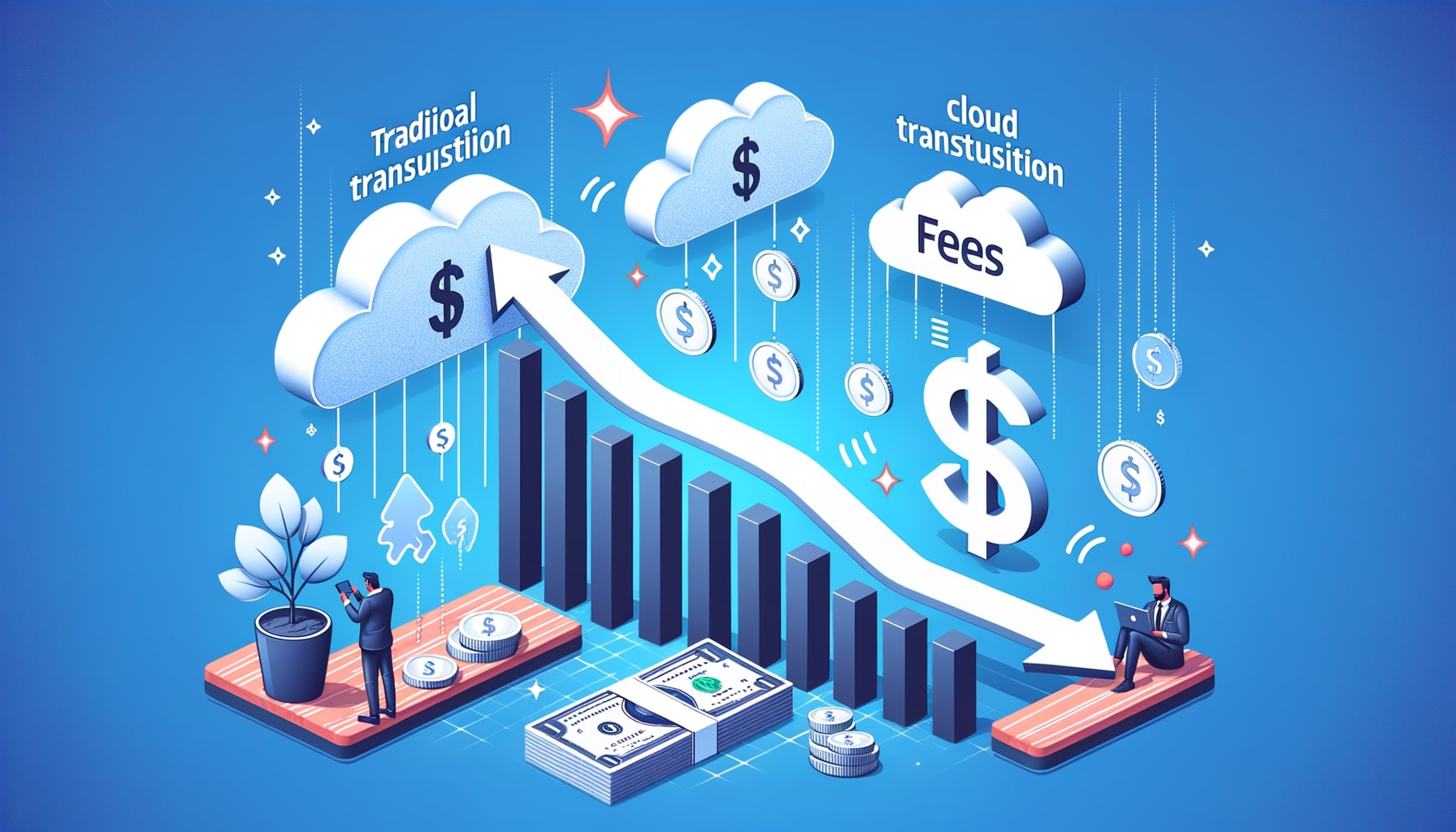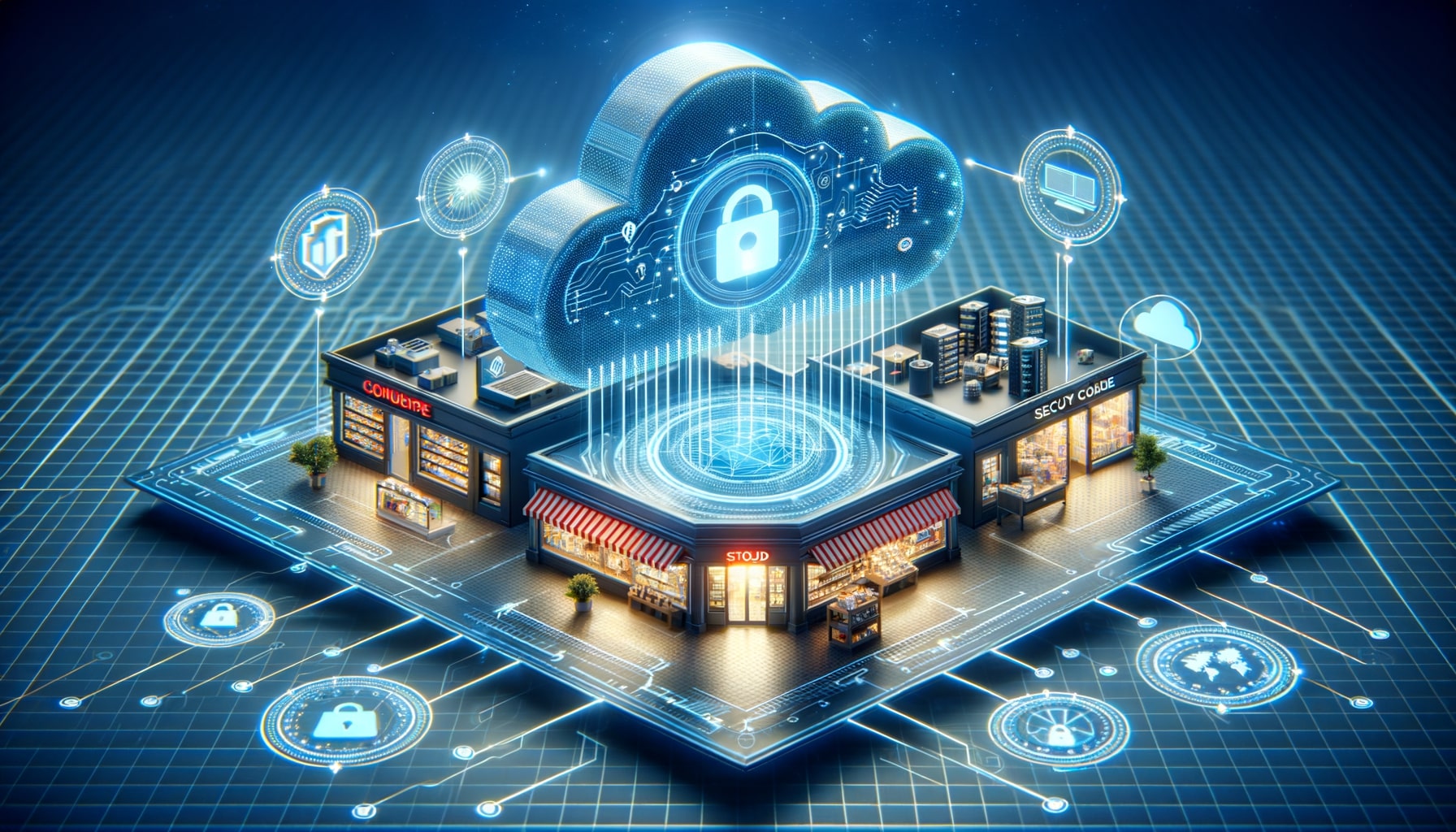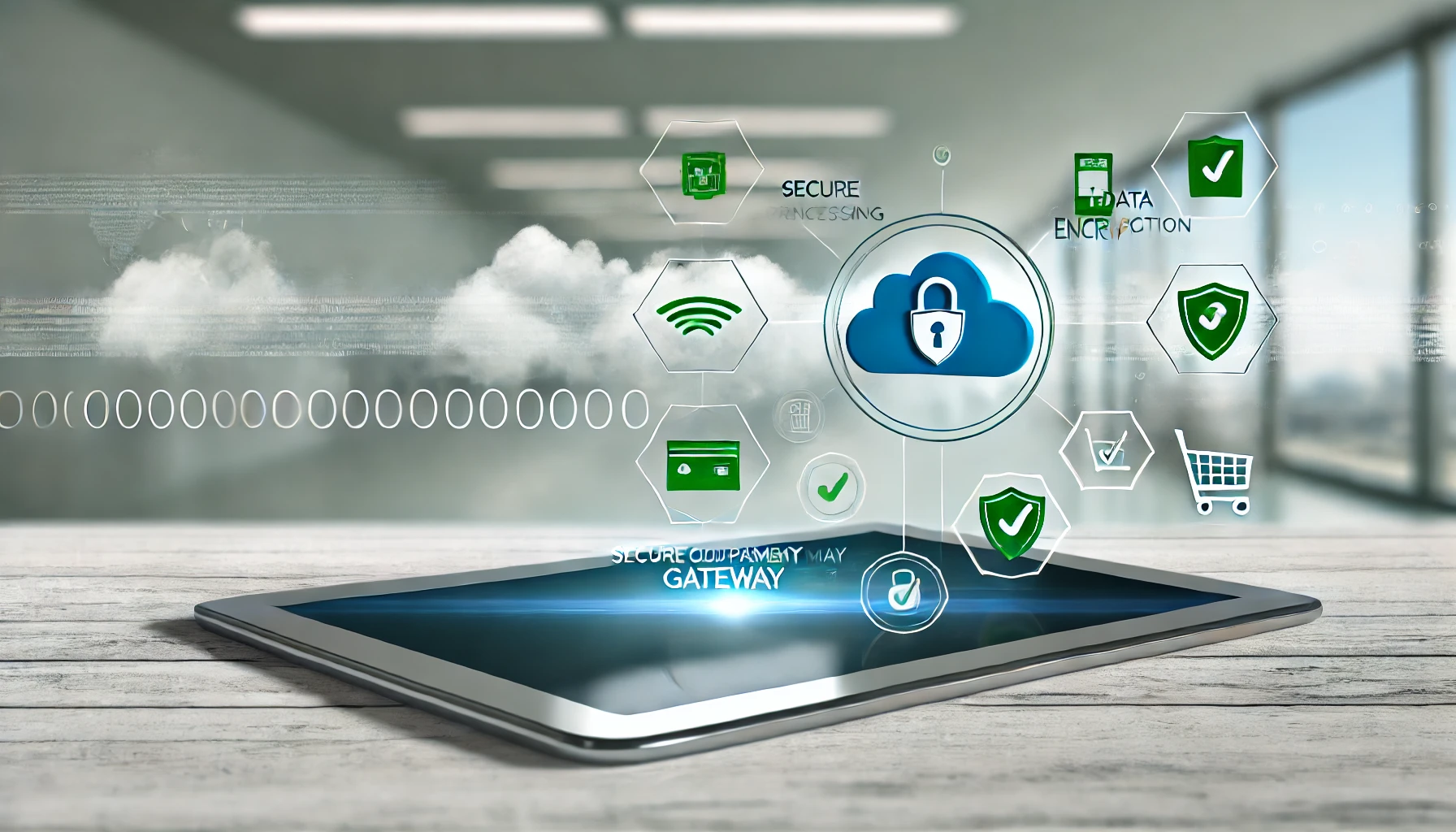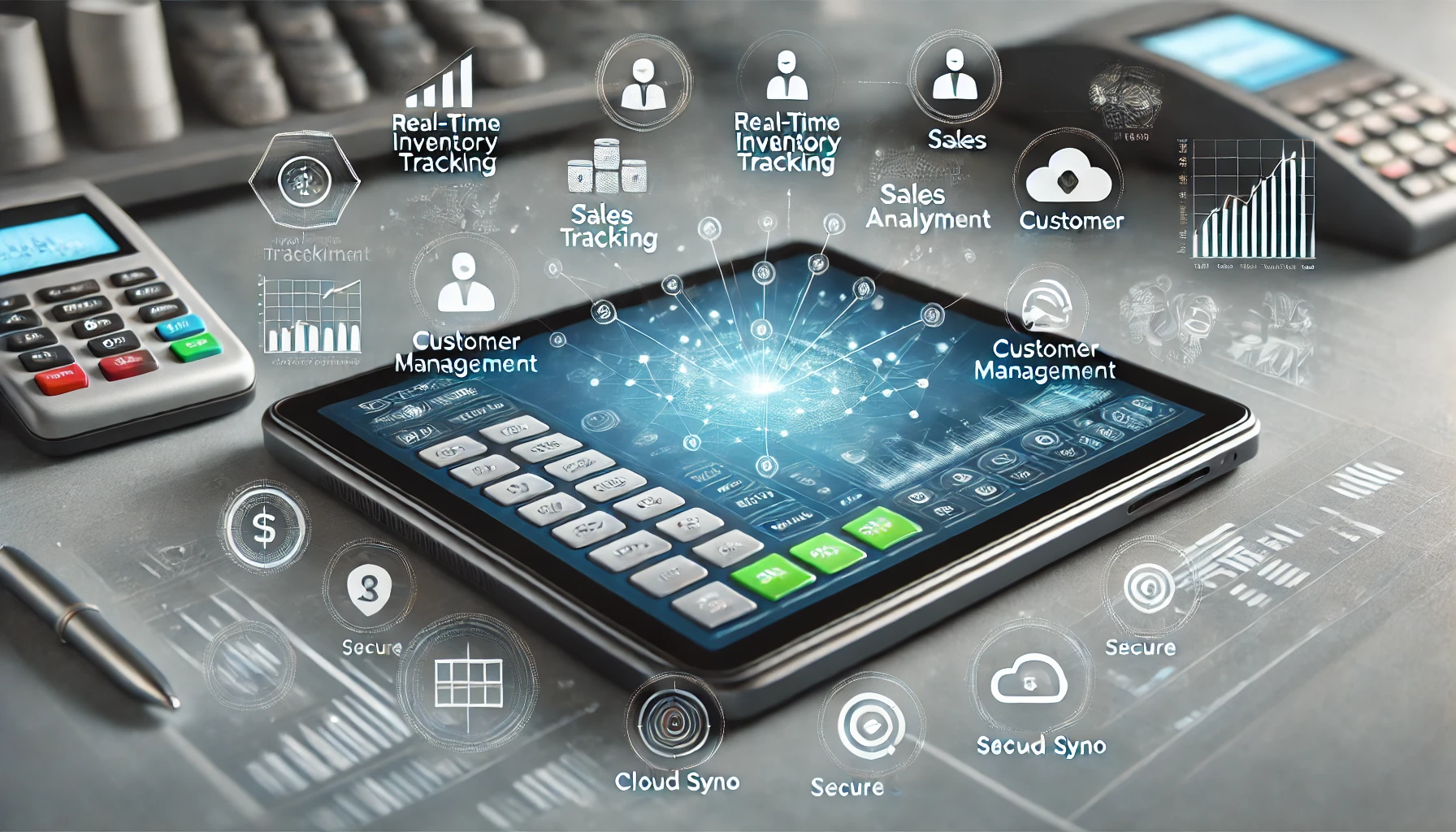Choosing the Best Cloud-Based POS System for Your Business
In today’s fast-paced business environment, having an efficient and reliable point-of-sale (POS) system is crucial for the success of any business. A cloud-based POS system offers numerous advantages over traditional on-premise systems, making it a popular choice for businesses of all sizes.
This comprehensive guide will walk you through the factors to consider when choosing a cloud-based POS system, assess your business needs, explore different types of systems, compare top providers, understand integration capabilities, ensure security and data protection, and consider pricing models and cost considerations.
Factors to Consider When Choosing a Cloud-Based POS System
When selecting a cloud-based POS system for your business, it is essential to consider several factors to ensure that you make the right choice. The first factor to consider is the scalability of the system. As your business grows, you need a POS system that can accommodate the increasing demands without any disruptions. Look for a system that allows you to easily add new locations, products, and users.
Another crucial factor is the ease of use. Your employees should be able to quickly learn and navigate the system without extensive training. A user-friendly interface and intuitive design can significantly improve efficiency and reduce errors. Additionally, consider the system’s compatibility with your existing hardware and software. It should seamlessly integrate with your current setup to avoid any compatibility issues.
Assessing Your Business Needs: Identifying Key Features and Functionality
Before diving into the world of cloud-based POS systems, it is essential to assess your business needs and identify the key features and functionality that are crucial for your operations. Start by evaluating your industry-specific requirements. For example, a restaurant may need features like table management, menu customization, and kitchen display integration, while a retail store may require inventory management, barcode scanning, and customer relationship management (CRM) capabilities.
Consider the size of your business and the number of locations you have. If you have multiple locations, you will need a system that can centralize data and provide real-time insights across all locations. Additionally, think about the reporting and analytics capabilities you require. Detailed sales reports, inventory tracking, and customer analytics can provide valuable insights to help you make informed business decisions.
Exploring Different Types of Cloud-Based POS Systems
There are various types of cloud-based POS systems available in the market, each catering to specific industries and business sizes. The first type is the all-in-one POS system, which offers a comprehensive solution with features like sales tracking, inventory management, employee management, and customer relationship management. These systems are suitable for small to medium-sized businesses that require a complete package.
The second type is the specialized POS system, which focuses on specific industries. For example, there are POS systems designed specifically for restaurants, retail stores, salons, and even healthcare providers. These specialized systems offer industry-specific features and integrations that can streamline operations and enhance customer experience.
Lastly, there are mobile POS systems that allow businesses to process transactions on smartphones or tablets. These systems are ideal for businesses that require mobility, such as food trucks, pop-up shops, or businesses that frequently participate in events or trade shows. Mobile POS systems offer flexibility and convenience, enabling businesses to accept payments anywhere, anytime.
Comparing Top Cloud-Based POS Providers: A Comprehensive Review
When choosing a cloud-based POS system, it is crucial to compare and evaluate different providers to find the one that best suits your business needs. Here, we will review some of the top cloud-based POS providers in the market.
Square
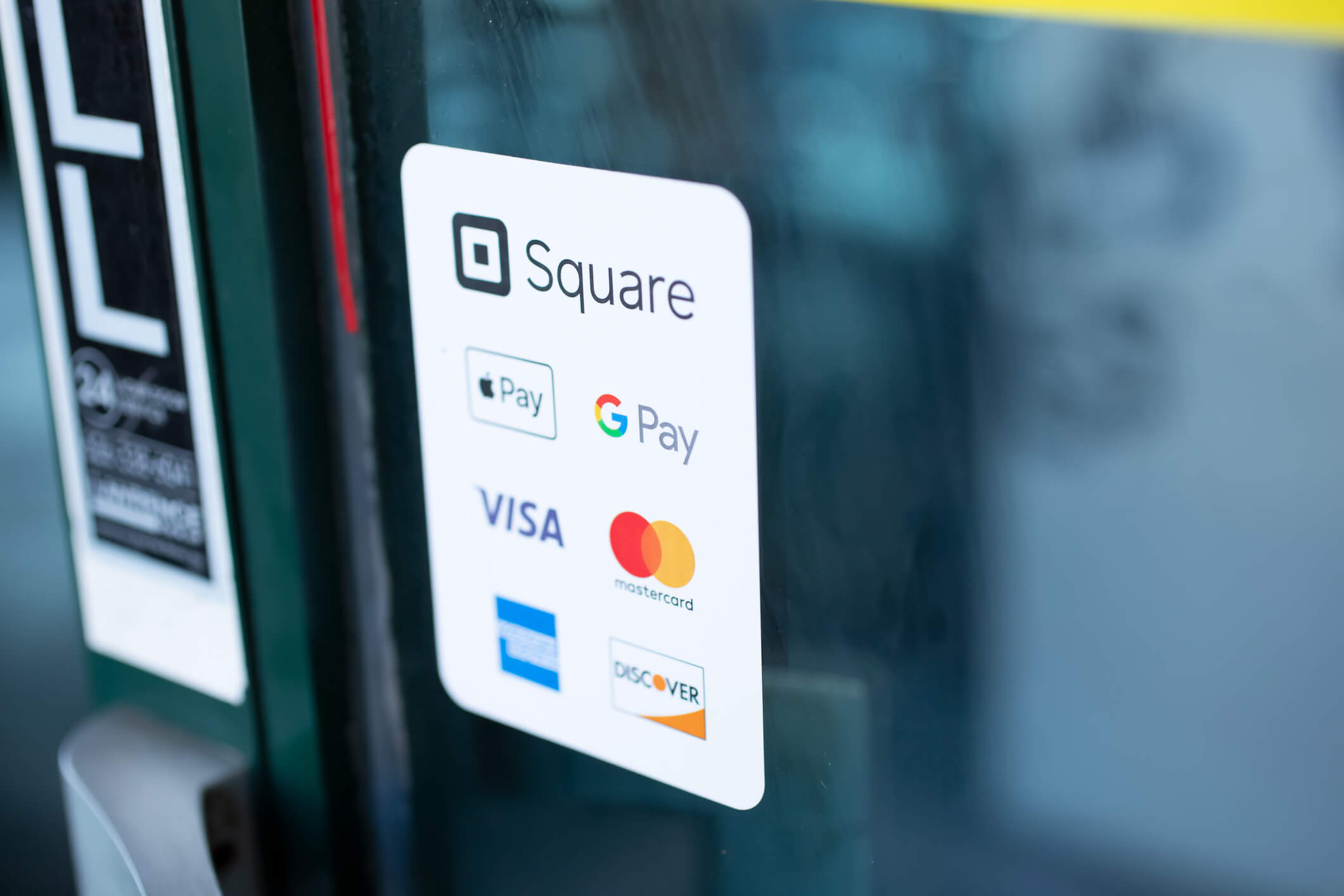
Square is a popular choice for small businesses due to its affordability and ease of use. It offers a range of features, including sales tracking, inventory management, and customer analytics. Square also provides hardware options like card readers and cash registers.
Shopify

Shopify is a comprehensive e-commerce platform that also offers a cloud-based POS system. It seamlessly integrates online and offline sales, allowing businesses to manage inventory, process payments, and track sales across multiple channels. Shopify offers various hardware options and customizable templates.
Lightspeed
Lightspeed is a versatile POS system suitable for retail, restaurant, and e-commerce businesses. It offers features like inventory management, employee management, and customer relationship management. Lightspeed also provides integrations with popular accounting and e-commerce platforms.
Toast
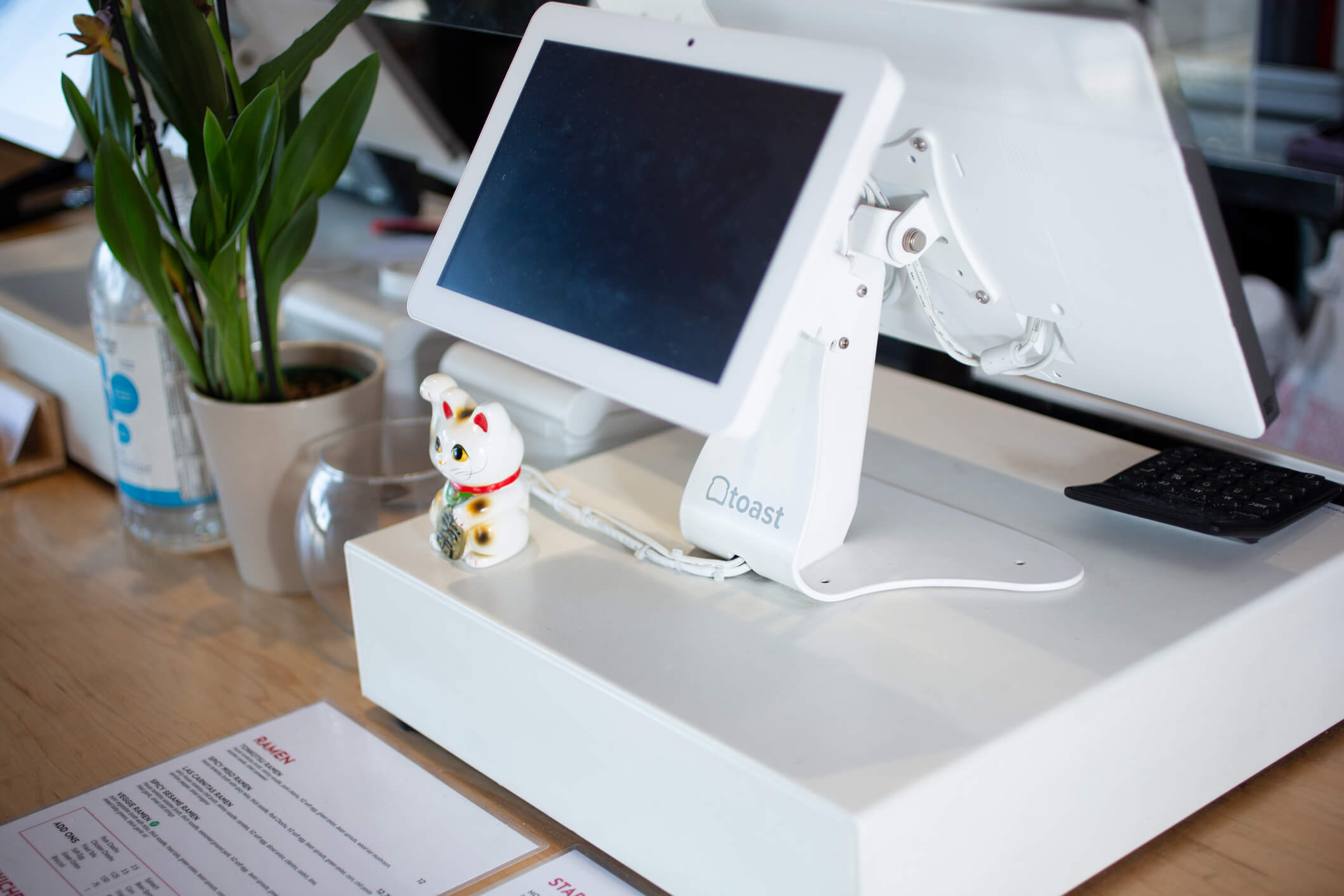
Toast is a specialized POS system designed specifically for the restaurant industry. It offers features like table management, menu customization, and kitchen display integration. Toast also provides online ordering and delivery management capabilities.
Understanding the Integration Capabilities of Cloud-Based POS Systems
Integration capabilities are crucial when choosing a cloud-based POS system, as they determine how well the system can work with your existing software and hardware. Look for a system that offers seamless integrations with popular accounting software, e-commerce platforms, and customer relationship management (CRM) tools. This will allow you to streamline operations and avoid manual data entry.
Additionally, consider the system’s compatibility with different payment processors. A POS system that supports multiple payment options, such as credit cards, mobile wallets, and contactless payments, can enhance the customer experience and increase sales. It is also important to ensure that the system can integrate with your existing hardware, such as barcode scanners, receipt printers, and cash registers.
Security and Data Protection: Ensuring the Safety of Your Business
When it comes to cloud-based POS systems, security and data protection should be a top priority. You are entrusting your business and customer data to a third-party provider, so it is crucial to ensure that they have robust security measures in place. Look for a provider that offers encryption for data transmission and storage, as well as regular backups to prevent data loss.
Additionally, consider the provider’s compliance with industry standards and regulations, such as the Payment Card Industry Data Security Standard (PCI DSS). This ensures that your customers’ payment card information is handled securely. It is also important to inquire about the provider’s disaster recovery plan and data breach response procedures to ensure that your business is protected in case of any unforeseen events.
Pricing Models and Cost Considerations for Cloud-Based POS Systems
When evaluating cloud-based POS systems, it is essential to consider the pricing models and cost considerations to ensure that the system fits within your budget. Most providers offer subscription-based pricing models, where you pay a monthly or annual fee for using the system. The cost usually depends on the number of users, locations, and features you require.
In addition to the subscription fee, consider any additional costs, such as hardware purchases or leasing, payment processing fees, and integrations with other software. Some providers may also charge for customer support or training services. It is important to carefully review the pricing structure and compare it with your budget and expected return on investment (ROI) to make an informed decision.
FAQs
Q.1: What is a cloud-based POS system?
A cloud-based POS system is a software solution that allows businesses to process transactions, manage inventory, and track sales using an internet connection. The data is stored in the cloud, eliminating the need for on-premise servers and providing real-time access to information from anywhere.
Q.2: How does a cloud-based POS system differ from a traditional on-premise system?
A cloud-based POS system offers several advantages over traditional on-premise systems. It provides flexibility and scalability, as businesses can easily add new locations, products, and users without any disruptions. Cloud-based systems also offer real-time data access, seamless integrations, and enhanced security measures.
Q.3: Can a cloud-based POS system work offline?
Some cloud-based POS systems offer offline capabilities, allowing businesses to continue processing transactions even when the internet connection is lost. The system will sync the data once the connection is restored.
Q.4: How secure is a cloud-based POS system?
Cloud-based POS systems employ various security measures, such as encryption, regular backups, and compliance with industry standards like PCI DSS. However, it is important for businesses to choose a reputable provider and follow best practices to ensure the safety of their data.
Conclusion
Choosing the best cloud-based POS system for your business is a critical decision that can significantly impact your operations and customer experience. By considering factors like scalability, ease of use, and compatibility, you can find a system that meets your business needs.
Assessing your industry-specific requirements and exploring different types of systems will help you identify the key features and functionality you need. Comparing top providers, understanding integration capabilities, ensuring security and data protection, and considering pricing models will further guide you in making an informed decision. With the right cloud-based POS system in place, you can streamline operations, enhance customer experience, and drive business growth.
